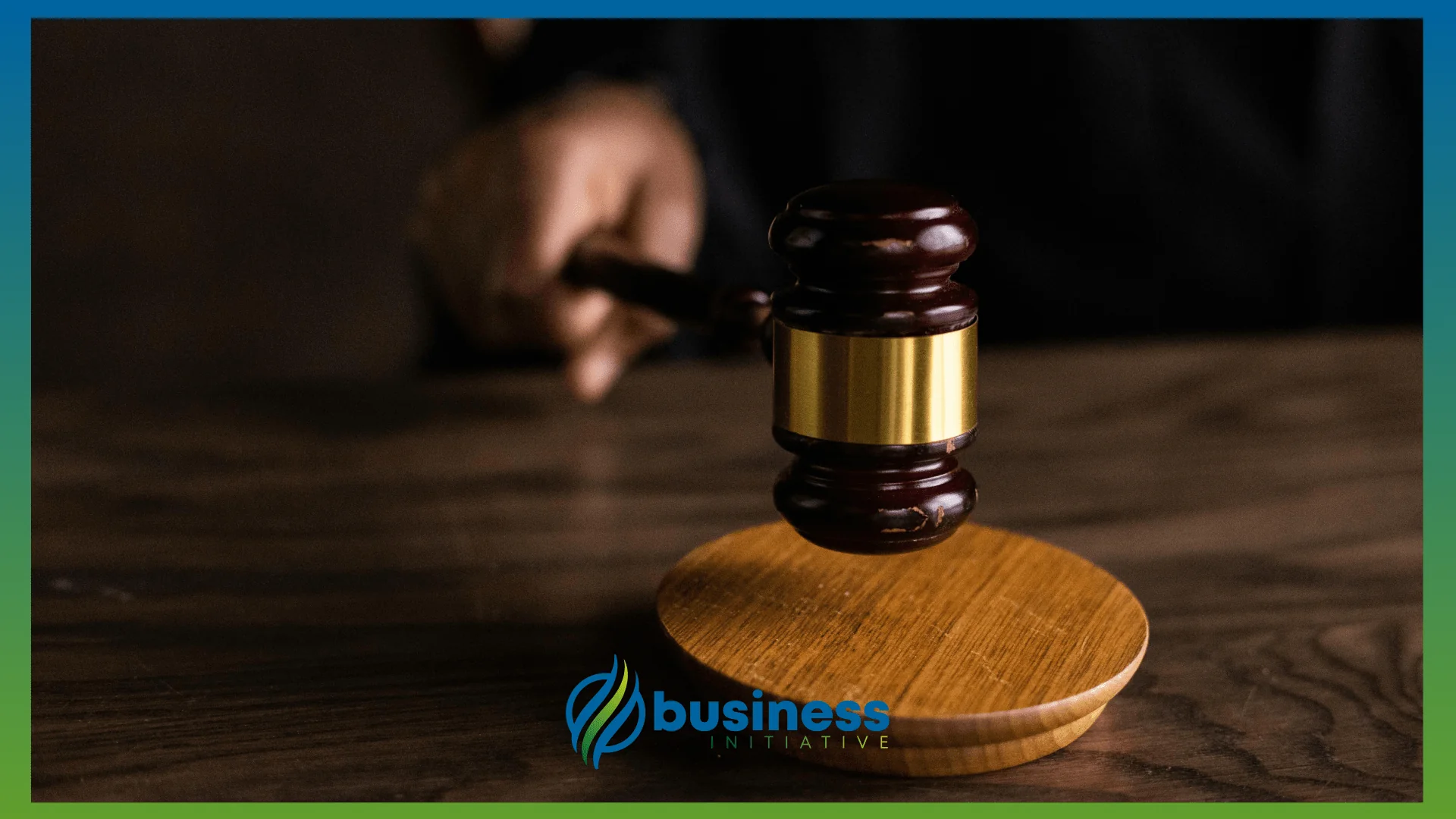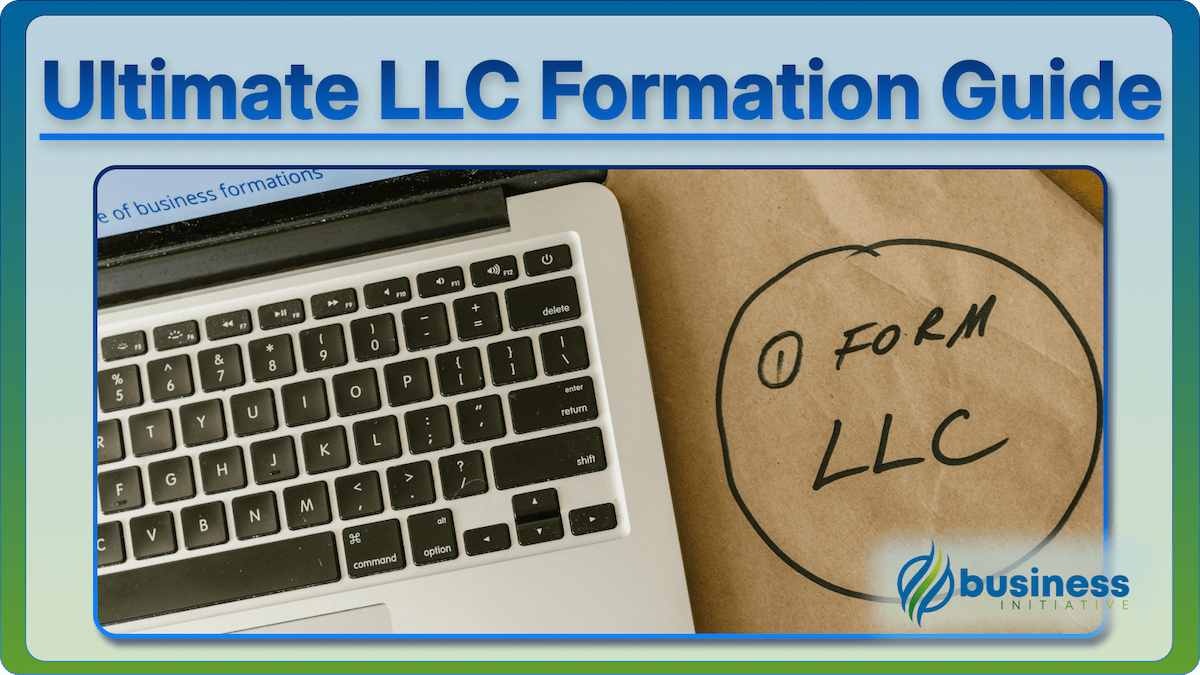You’re a founder.
You have personal risk.
You need protection.
You need to understand your exposure.
Personal risk. Exposure. Protection. Your profile.
This guide shows you how.
Founder risk. Owner risk. Officer risk. Your protection.
Read this. Assess your risk. Protect yourself.
 Key Takeaways
Key Takeaways
- Personal exposure is real—founders, owners, and officers can face personal liability for BOI violations, especially willful ones
- Risk varies by role—owners and officers with filing responsibilities face higher exposure than passive investors
- Good faith protects you—demonstrating good faith efforts to comply significantly reduces personal risk
- Documentation matters—maintaining records of compliance efforts, decisions, and professional guidance reduces personal exposure
- Professional guidance helps—working with attorneys and compliance experts reduces personal risk and demonstrates good faith
 Table of Contents
Table of Contents

Why Personal Risk Matters
Personal risk affects you directly.
What happens without understanding:
- Exposure is unknown
- Protection is weak
- Risk accumulates
- Liability increases
What happens with understanding:
- Exposure is known
- Protection is strong
- Risk is managed
- Liability is minimized
The reality: Understanding enables protection.
Founder Risk
Understand founder exposure:
Filing Responsibilities
What applies:
- Founders often file BOI
- Personal responsibility for accuracy
- Liability for false information
- Exposure for non-compliance
Why it matters: Filing responsibilities create exposure.
Control and Ownership
What applies:
- Founders are often beneficial owners
- Control creates exposure
- Ownership increases risk
- Decision-making creates liability
Why it matters: Control and ownership increase risk.
Knowledge and Intent
What applies:
- Founders typically know requirements
- Knowledge increases exposure
- Intent affects liability
- Good faith reduces risk
Why it matters: Knowledge and intent affect exposure.
Pro tip: Understand founder risk. Filing responsibilities, control and ownership, knowledge and intent. See our BOI guide for filing requirements.

Owner Risk
Understand owner exposure:
Beneficial Owner Status
What applies:
- Owners with 25%+ ownership are beneficial owners
- Must be reported in BOI filing
- Personal information required
- Exposure for false information
Why it matters: Beneficial owner status creates exposure.
Passive vs. Active
What applies:
- Passive owners have lower exposure
- Active owners have higher exposure
- Control increases risk
- Management increases liability
Why it matters: Activity level affects exposure.
Multiple Entities
What applies:
- Owners of multiple entities face multiple exposures
- Each entity requires separate filing
- Risk multiplies with entities
- Compliance becomes complex
Why it matters: Multiple entities increase exposure.
Pro tip: Understand owner risk. Beneficial owner status, passive vs. active, multiple entities. See our BOI risk assessment guide for coverage determination.
Officer Risk
Understand officer exposure:
Filing Responsibilities
What applies:
- Officers often handle BOI filing
- Personal responsibility for accuracy
- Liability for compliance failures
- Exposure for false information
Why it matters: Filing responsibilities create exposure.
Governance Duties
What applies:
- Officers have governance duties
- Compliance oversight responsibilities
- Risk management obligations
- Accountability for failures
Why it matters: Governance duties increase exposure.
Decision-Making Authority
What applies:
- Officers make compliance decisions
- Authority creates exposure
- Decisions affect liability
- Good faith decisions reduce risk
Why it matters: Decision-making authority affects exposure.
Pro tip: Understand officer risk. Filing responsibilities, governance duties, decision-making authority. See our BOI governance guide for protection practices.

Reducing Exposure
Reduce your personal exposure:
File Accurately
What to do:
- Provide truthful information
- Verify all details
- Double-check before submitting
- Correct errors promptly
Why it matters: Accurate filing reduces exposure.
Maintain Documentation
What to do:
- Keep records of compliance efforts
- Document decisions and rationale
- Maintain filing confirmations
- Store supporting documents
Why it matters: Documentation supports good faith.
Seek Professional Guidance
What to do:
- Consult with attorneys
- Work with compliance experts
- Get filing assistance
- Ask questions when uncertain
Why it matters: Professional guidance reduces risk.
Act in Good Faith
What to do:
- Attempt to comply
- Correct errors promptly
- Update information when required
- Respond to inquiries honestly
Why it matters: Good faith protects against penalties.
Pro tip: Reduce exposure. File accurately, maintain documentation, seek guidance, act in good faith. See our BOI documentation guide for record-keeping.
Good Faith Protection
Good faith protects you:
Compliance Efforts
What demonstrates good faith:
- Attempting to understand requirements
- Seeking professional guidance
- Making reasonable interpretations
- Correcting errors promptly
Why it matters: Compliance efforts show good faith.
Documentation
What demonstrates good faith:
- Maintaining compliance records
- Documenting decisions
- Keeping filing confirmations
- Storing supporting documents
Why it matters: Documentation supports good faith.
Professional Guidance
What demonstrates good faith:
- Consulting with attorneys
- Working with compliance experts
- Following professional advice
- Asking questions when uncertain
Why it matters: Professional guidance demonstrates good faith.
Pro tip: Demonstrate good faith. Compliance efforts, documentation, professional guidance. See our BOI criminal liability guide for risk assessment.
Your Next Steps
Assess your risk. Understand your exposure. Protect yourself.
This Week:
- Review this guide
- Assess your personal risk profile
- Identify areas of exposure
- Review compliance status
This Month:
- File BOI accurately
- Maintain proper documentation
- Seek professional guidance if needed
- Document compliance efforts
Going Forward:
- Stay compliant
- Update information promptly
- Maintain good faith
- Reduce personal exposure
Need help? Check out our BOI filing guide for filing requirements, our BOI criminal liability guide for risk assessment, our BOI documentation guide for record-keeping, and our registered agent guide for business address setup.
Stay informed about business strategies and tools by following us on X (Twitter) and signing up for The Initiative Newsletter.
FAQs - Frequently Asked Questions About BOI Compliance and Your Personal Risk Profile as a Founder

Why do founders face higher personal risk for BOI violations than passive investors?
Founders typically file the BOI report, exercise substantial control, and have knowledge of the requirements—all factors that increase personal liability for non-compliance.
Learn More...
Filing responsibility creates direct personal exposure because the person who submits the report is liable for its accuracy.
Founders are usually beneficial owners due to ownership stakes of 25% or more and control over business decisions.
Knowledge of BOI requirements increases exposure because intent is a key factor in determining penalties.
How does owning multiple entities multiply BOI personal risk?
Each entity requires a separate BOI filing, so owners of multiple businesses face multiple exposures and more complex compliance obligations.
Learn More...
Risk multiplies with each entity because missing a deadline or filing inaccurate information for any single entity creates separate liability.
Compliance becomes significantly more complex with multiple entities since ownership changes, address updates, and filing deadlines must be tracked for each one.
Using a compliance tracking system helps manage deadlines and reduce the risk of overlooking a filing requirement.
What is the difference in BOI exposure between active and passive owners?
Active owners who manage the business and make compliance decisions face higher exposure, while passive owners with no control role have lower personal risk.
Learn More...
Active owners have higher exposure because they exercise substantial control and are often responsible for filing decisions.
Passive owners with 25%+ ownership are still beneficial owners who must be reported, but they bear less personal liability for filing failures.
The level of control and management involvement is a key factor in determining an owner's personal risk profile.
How does demonstrating good faith protect a founder from BOI penalties?
Good faith efforts—such as attempting to comply, correcting errors promptly, seeking professional guidance, and maintaining documentation—significantly reduce personal risk.
Learn More...
Compliance efforts like researching requirements and making reasonable interpretations demonstrate you were trying to follow the law.
Maintaining records of compliance decisions, filing confirmations, and professional guidance received creates an evidence trail of good faith.
Consulting with attorneys and compliance experts not only reduces risk but also serves as documented proof of good faith in case of a dispute.
What four steps should a founder take to reduce personal BOI exposure?
File accurately with verified details, maintain documentation of all compliance efforts, seek professional guidance when uncertain, and act in good faith by correcting errors promptly.
Learn More...
Accurate filing means providing truthful information, double-checking every detail, and promptly correcting any errors discovered after submission.
Documentation should include records of compliance decisions, rationale for interpretations, filing confirmations, and copies of supporting documents.
Professional guidance from attorneys or compliance experts reduces risk and demonstrates good faith if your filing is ever questioned.
Acting in good faith means attempting to comply, updating information when required, and responding honestly to any inquiries.
Do officers who handle BOI filing face personal liability even if they don't own the company?
Yes, officers responsible for BOI filing face personal exposure through their filing responsibilities, governance duties, and compliance decision-making authority.
Learn More...
Officers who handle the filing are personally responsible for the accuracy of the information submitted.
Governance duties include compliance oversight, which means officers can be held accountable for compliance failures under their watch.
Decision-making authority creates exposure because officers make choices about when, how, and what to file, and good faith decisions help reduce that risk.
Sources & Additional Information
This guide provides general information about BOI personal risk and founder exposure. Your specific situation may require different considerations.
For BOI filing, see our BOI Filing Guide.
For BOI criminal liability, see our BOI Criminal Liability Guide.
For BOI documentation, see our BOI Documentation Guide.
For registered agent services, see our Registered Agent Guide.
Consult with professionals for advice specific to your situation.


